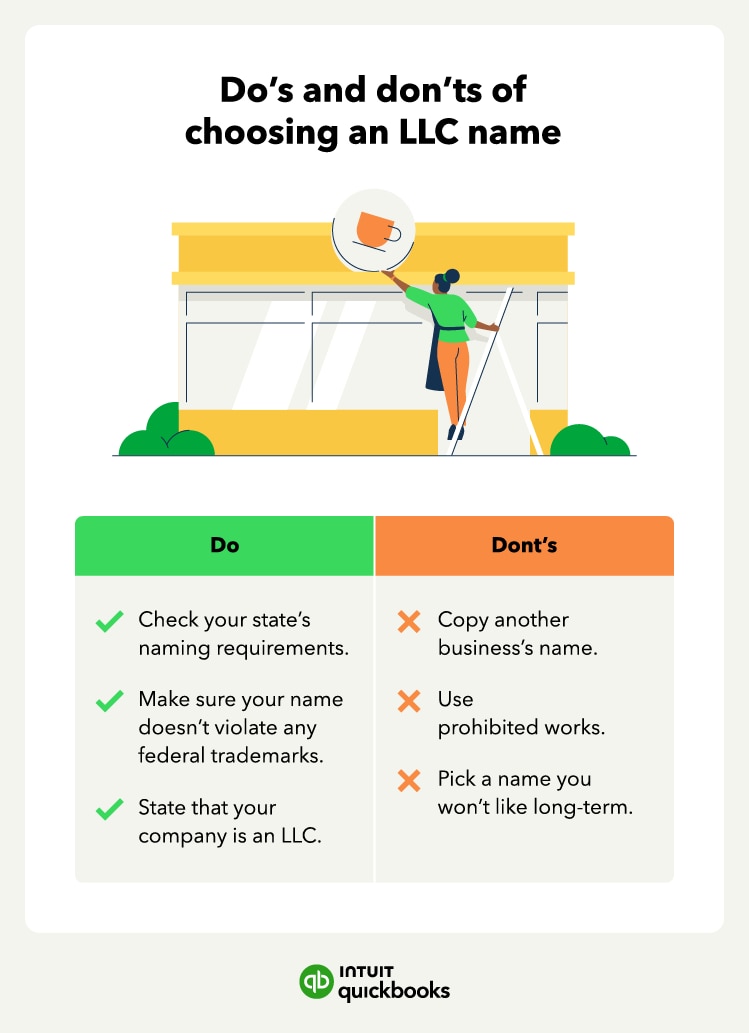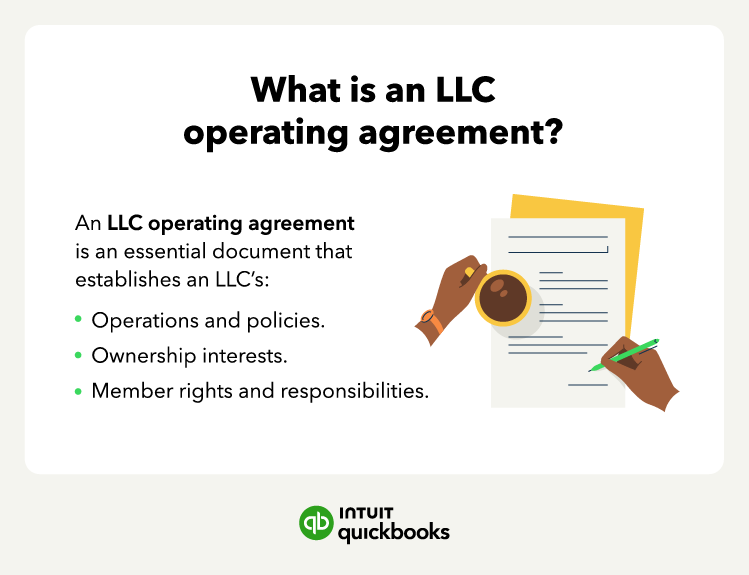4 things to consider when opening an LLC
Starting an (LLC offers flexibility and liability protection, but there are key factors to consider as you register your business. From ownership rules to tax classifications, understanding these aspects can help you choose the right structure for your business.
1. Ownership rules
Individuals, corporations, foreign entities, or even other LLCs can all own an LLC. However, ownership rules vary, with some states imposing restrictions on certain entity types or industries. Since this could impact your eligibility, it’s important to check local regulations before forming your business.
For example, a trust can own an LLC in some states, which can be a useful option for estate planning or asset protection.
2. Single-member vs. multi-member
The number of owners in an LLC affects its management, taxation, and legal obligations. Choosing between a single-member or multi-member structure depends on factors like control preferences, tax implications, and long-term business goals.
LLCs can have one or multiple owners, each with different implications:
- Single-member LLC: Owned by one person; simpler to manage and taxed like a sole proprietorship.
- Multi-member LLC: Owned by two or more people; taxed as a partnership by default.
3. Management structures
How your LLC is managed determines who makes key business decisions and oversees daily operations. The right management structure depends on the level of involvement you want as an owner and whether you prefer direct control or delegation.
LLCs can be structured in two ways:
- Member-managed: All owners (members) actively participate in daily business operations, making this structure common for small businesses and startups.
- Manager-managed: Members appoint a manager—either an owner or an external party—to handle operations. This setup is ideal for passive investors or businesses with multiple stakeholders.
Unlike a corporation, which is more complex to manage and has stricter governance rules, an LLC provides flexibility and fewer formalities.
4. Tax classifications
Your LLC’s tax classification affects your income, compliance requirements, and overall financial strategy.
By default, LLCs benefit from pass-through taxation, meaning profits flow directly to owners' tax returns, avoiding corporate taxes. However, you can elect other classifications:
- S-corp election: Allows owners to pay themselves a salary while taking additional profits as distributions, reducing self-employment taxes.
- C-corp election: LLCs are taxed as corporations, which may be beneficial for businesses looking to attract investors or reinvest profits.
Choosing the right LLC structure and tax classification can impact your financial and operational success, so consider consulting a legal or tax professional for guidance.



















